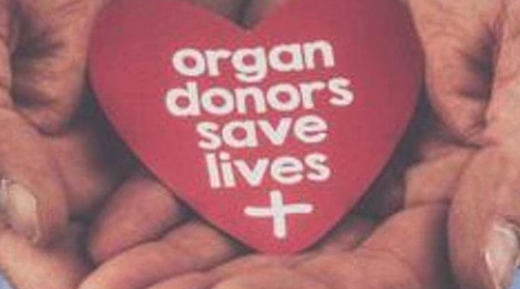Organ donation is a life-saving act that has the potential to provide a new lease on life to countless individuals in need. Yet, despite its importance, many people hesitate to register as organ donors due to widespread myths and misconceptions. Understanding the realities of organ donation is crucial in making an informed decision that could help save lives.
One of the most prevalent myths is the belief that doctors won’t work as hard to save your life if they know you’re an organ donor. This misconception stems from the fear that medical professionals might prioritize organ harvesting over patient care. However, the truth is that doctors are committed to saving every life and will exhaust all possible options before considering organ donation. Only after all efforts have failed, and a patient is declared legally dead, is organ donation considered.
Another common myth is that age or health conditions automatically disqualify someone from being a donor. In reality, there is no strict age limit for organ donation, and people of all ages, from newborns to the elderly, can be potential donors. Additionally, while certain health conditions may affect the viability of specific organs, medical professionals evaluate each case individually. Often, even people with chronic illnesses or other medical conditions can still donate organs or tissues that are healthy.
Cultural and religious beliefs also play a significant role in shaping opinions about organ donation. Some people believe that their religion prohibits organ donation, but most major religions actually support it as an act of charity and compassion. It’s important for individuals to consult with their religious leaders to understand their faith’s stance on organ donation and how it aligns with their personal beliefs.
The notion that an open-casket funeral is not possible after organ donation is another common concern. However, organ donation does not interfere with funeral arrangements, and donors can still have open-casket services. The surgical procedures involved are performed with the utmost respect and care, ensuring that the body is treated with dignity.
Finally, some individuals worry that registering as an organ donor could lead to financial burdens for their families. This is another unfounded myth, as the costs associated with organ donation are covered by the organ procurement organizations, not the donor’s family.
By dispelling these myths, it becomes clear that organ donation is a generous and compassionate act that has the potential to save lives without compromising the dignity or wishes of the donor. Registering as an organ donor is a personal decision, but it’s one that can have a profound impact on others. Understanding the facts and separating them from fiction is the first step toward making an informed choice that could give the gift of life to those in need.








 India
India












